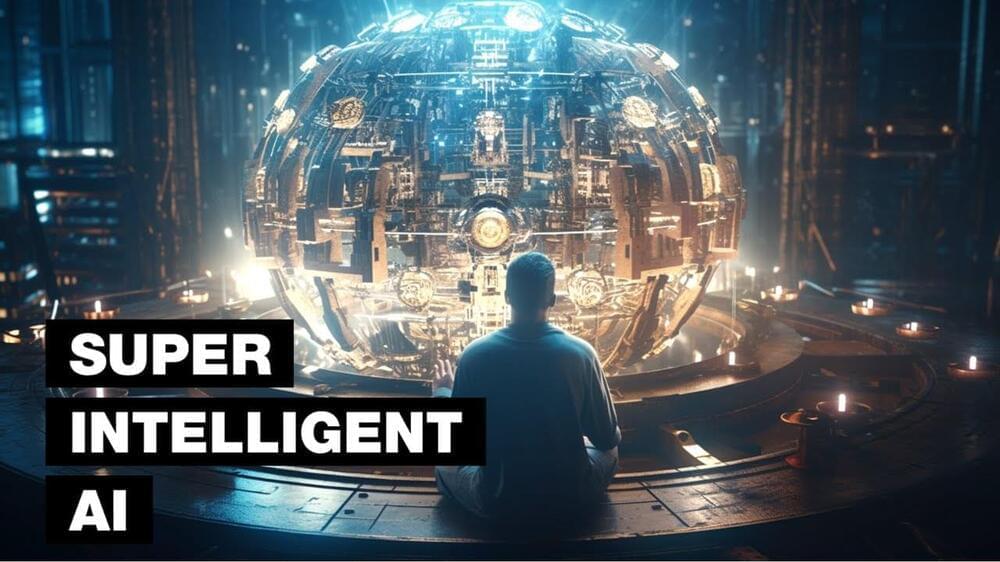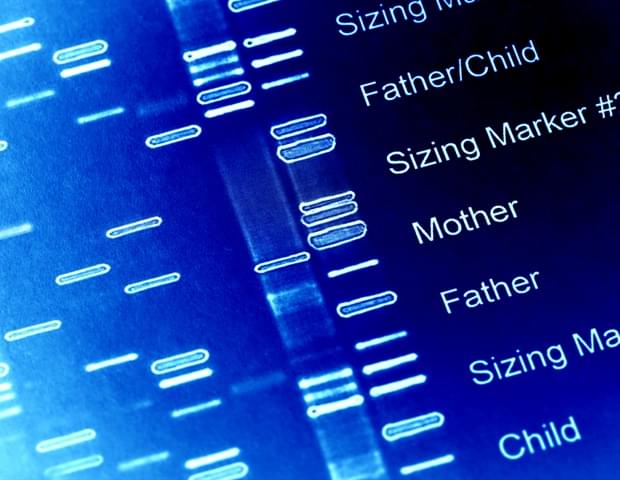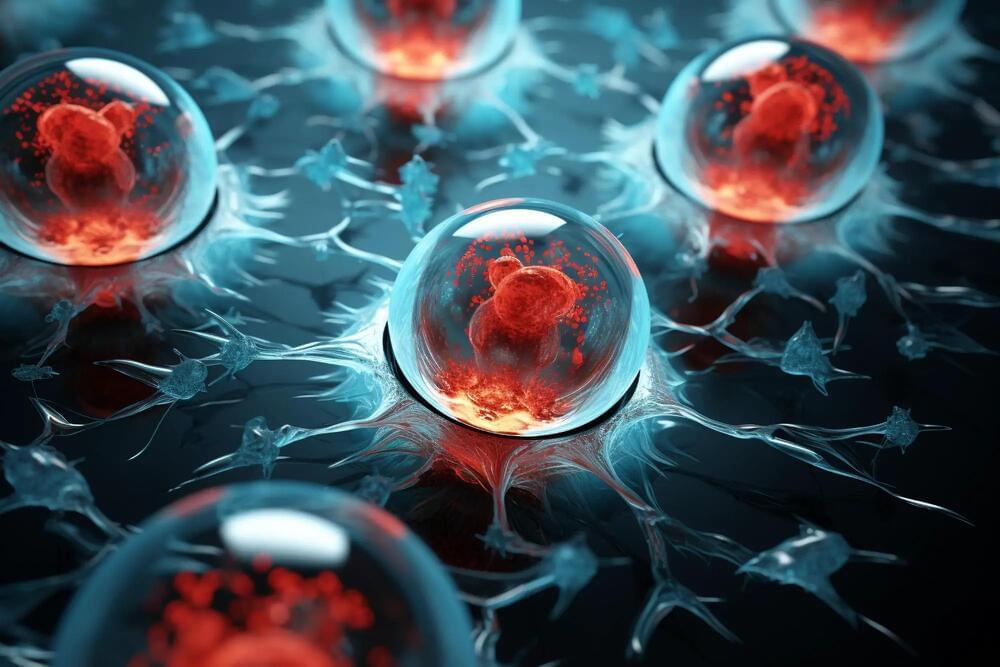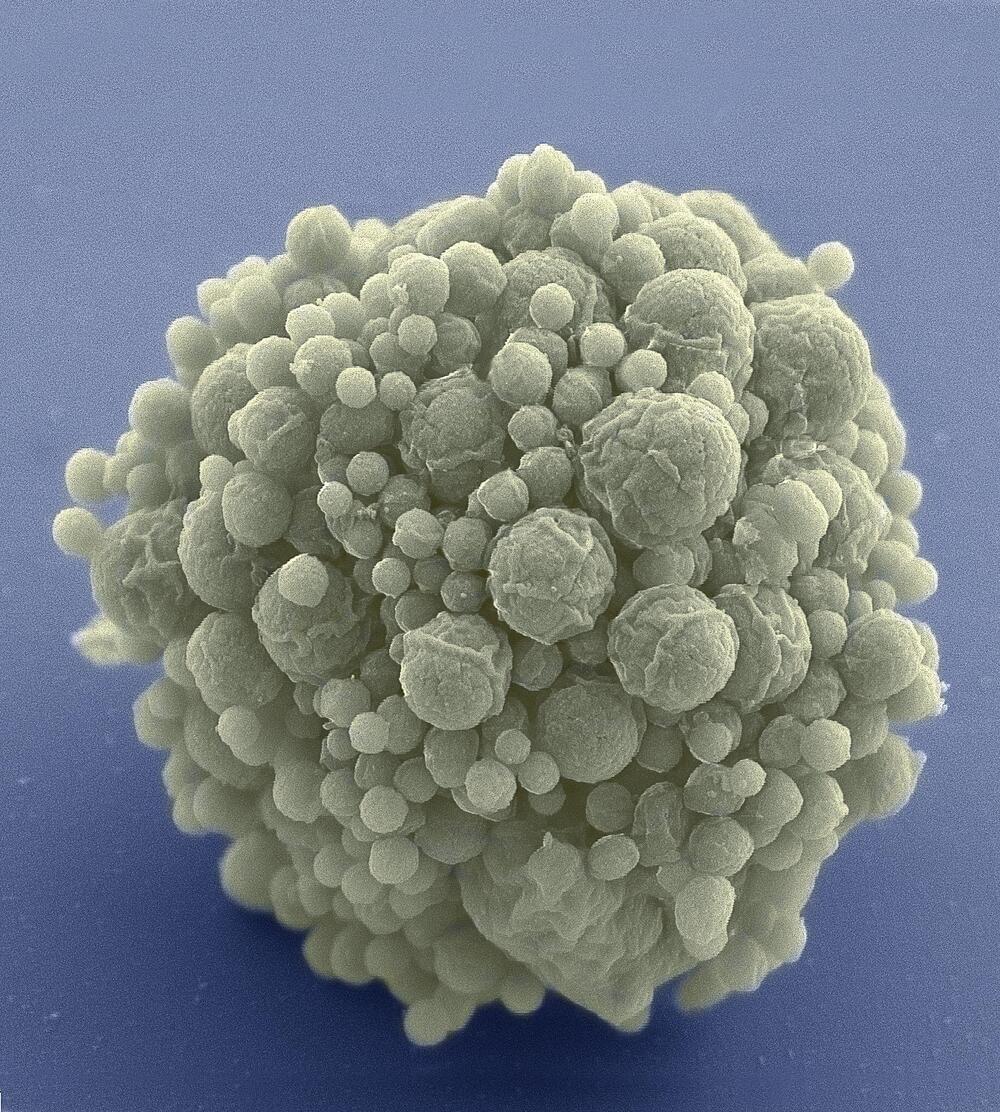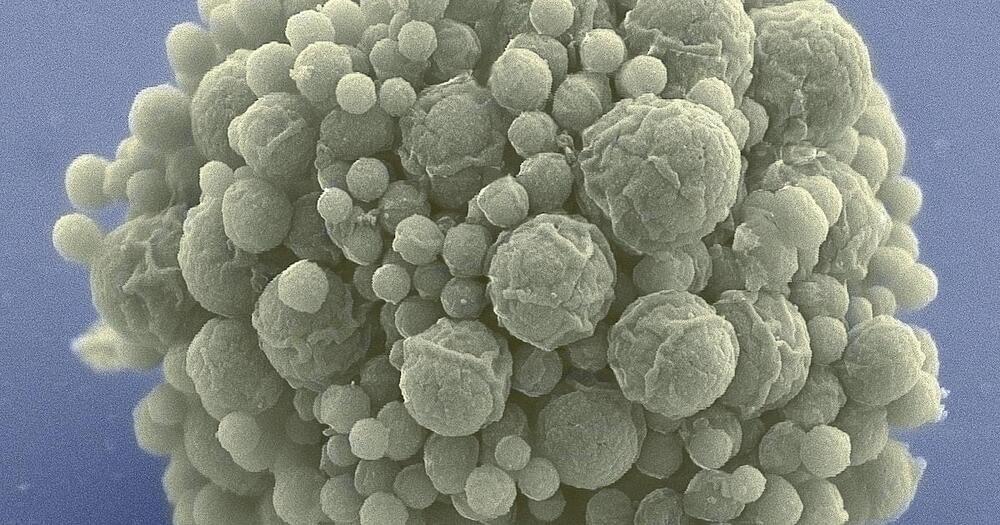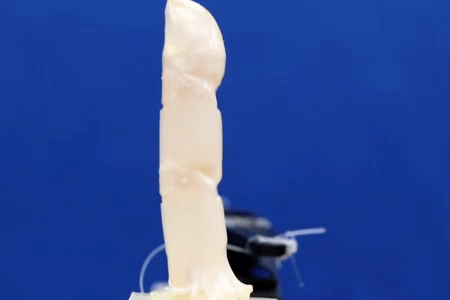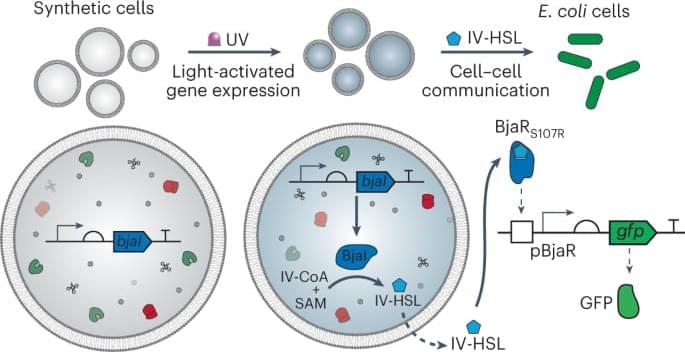
Synthetic cells are a versatile technology with the potential to serve as smart delivery devices or as chassis for creating life from scratch. Despite the development of new tools and improvements in synthetic cell assembly methods, the biological parts used to regulate their activity have limited their reach to highly controlled laboratory environments12. In the field’s preliminary work, well-established arabinose and IPTG-inducible transcription factors and theophylline-responsive riboswitches were used to control in situ gene expression5,6. Still, each performed poorly in vitro and represented a leaky, insensitive route of transcription/translation control. Later, the transition to AHSL-sensitive transcription factors afforded synthetic cells the ability to sense and produce more biologically useful QS molecules, which are central to coordinating collective bacterial behaviors. Although this marked considerable progress toward integrating synthetic cells with living cells, the most frequently adopted QS systems used to date, LuxR/LuxI and EsaR/EsaI, recognize and synthesize the same AHSL (3OC6-HSL), limiting the variety of synthetic cell activators that work orthogonally5,7,10,11.
In this work, we diverged from using naturally derived parts to control gene expression, instead utilizing chemically modified LA-DNA templates to tightly and precisely control the location of synthetic cell activation with UV light. This LA-DNA approach was subsequently implemented to regulate communication with E. coli cells using the BjaI/BjaR QS system, adding this unique branched AHSL into the synthetic cell communication toolbox. We believe this system is ideally suited to synthetic cell communication. It couples an acyl-CoA-dependent synthase, BjaI, which efficiently synthesizes IV-HSL from its commercially available substrates, IV-CoA and SAM, with a highly sensitive IV-HSL-dependent transcription factor, BjaR, that activates gene expression at picomolar concentrations of IV-HSL.

